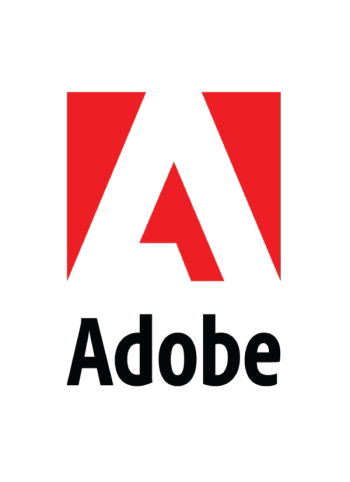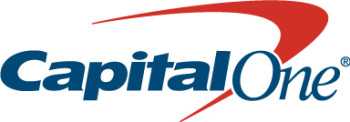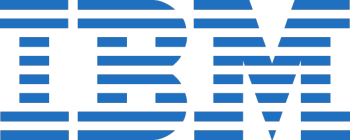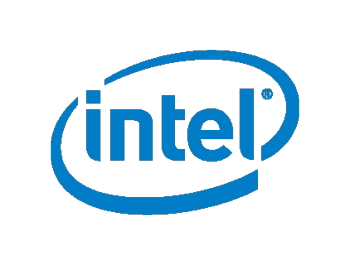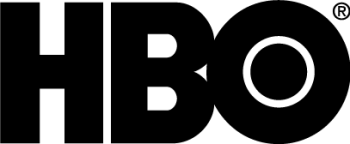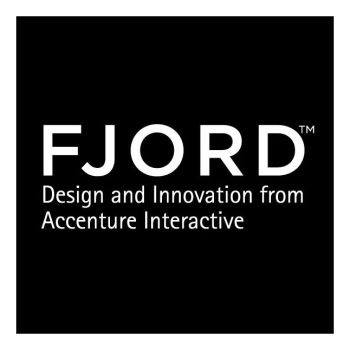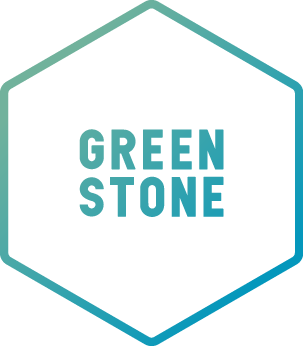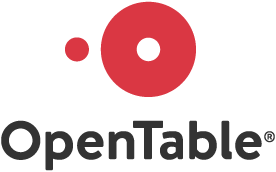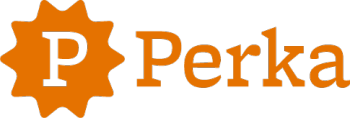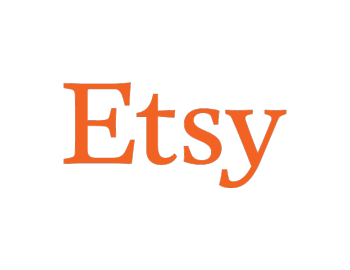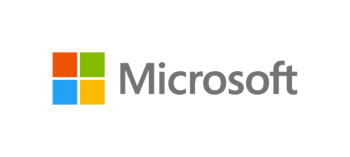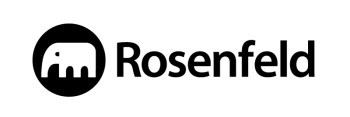Explore three case studies that put tools of change in the hands of underserved audiences in untraditional environments. Anneli Westerberg from Fjord, Oda Scatolini from AeTrapp Project, and Elena Matsui from the Rockefeller Foundation share their tales of newly empowered communities.
Location
SVA Theatre – Beatrice Theatre
333 West 23rd Street New York, NY 10011
Moderator and host

If you were re-designing the internet, what would you do?
Fjord has worked with ‘Ensemble Pour La Difference’ to bring internet access to the remote island of Idjwi in the Democratic Republic of Congo, giving its residents a sustainable way to boost their trade, education and quality of life by connecting them with the world.
But we haven’t just brought connectivity to the island. We are working together with the people of Idjwi to design digital services that the community can benefit from, as well as designing a business and operating model that can make the community owned network self-sustainable. Fundamentally, we are redesigning the internet, creating a plug-and-play solution that can be replicated in other rural communities.
Fjord is committed to using the power of human centred design to empower communities to create sustainable livelihoods. Through Project First Light, we provide communities with the tools and methods to be able to implement ground-up rather than top-down solutions to the extreme constraints faced in the developing world. By these constraints we co-design and co-implement innovative solutions that bring hyper-local value.
This talk will share our learnings, successes and frustrations helping a remote island lead the way for community-owned internet access.
https://firstlight.fjordnet.com/landing/

The Rockefeller Foundation has recently been exploring how to improve the design of our interventions to achieve greater social impact -- namely by bringing our beneficiaries into the design and prototyping process. One example comes from our $120M initiative to improve economic outcomes for rural farmers in Africa. We had designed a new storage technology for grain that could help increase yields for farmers -- but they weren't using it. We researched a range of barriers and challenges associated with the uptake of the technology (a hermetically sealed bag) to pinpoint the underlying behavioral causes and then developed promising design concepts that could be used to enhance uptake. This work helps to illuminate the “last mile problem” for program designers: once the big-picture logistical and financial elements of a program are in place, how do designers ensure that end users actually benefit? Traditional designs will not fundamentally change the system wherein farmers are trapped in a cycle of poverty. New approaches must find a way to effectively understand farmers’ behaviors to ensure solutions are relevant and results will stick.
This talk will discuss the methodology/process that we used to surface root challenges, highlight a handful of promising solutions that we are currently testing, and explore how this approach can be applied more broadly to the development space.

A talk about AeTrapp Project - Citizen Monitoring of Aedes Mosquitoes Populations, its history, challenges and design solutions. AeTrapp consists in a low-tech solution that is being designed to engage citizens in the monitoring of the vectors of zika, dengue and chikungunya virus. It is composed by a trap, an app and a collaborative on-line map. The project is one of the winners of the Google Impact Challenge Brazil 2016, and has the potential to turn into one of the biggest citizen science initiatives in the world.


